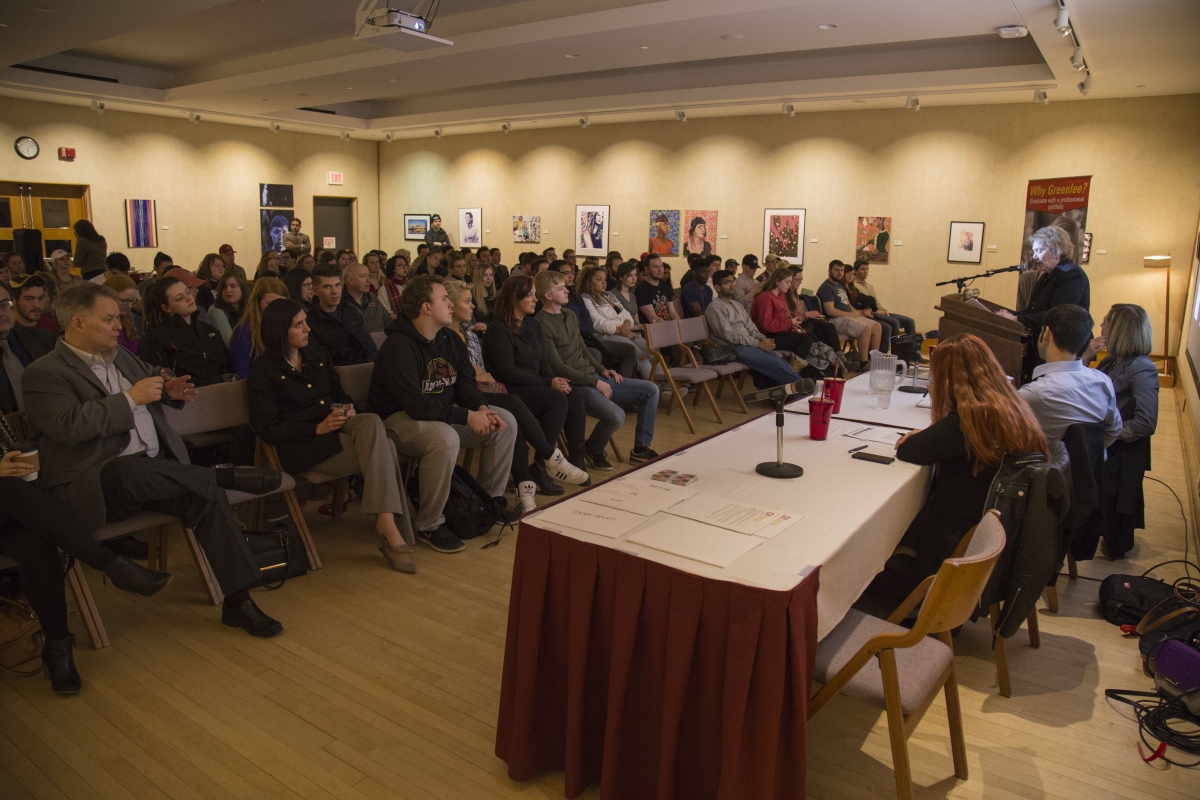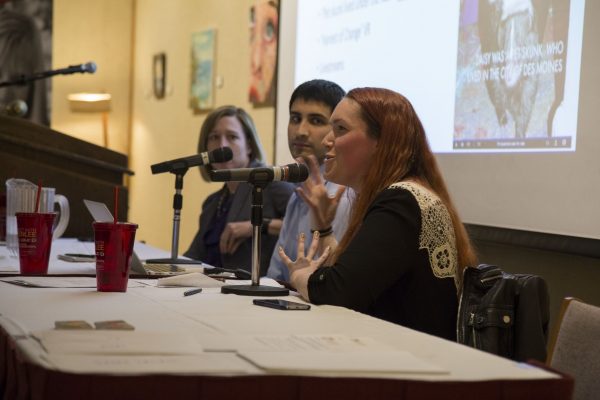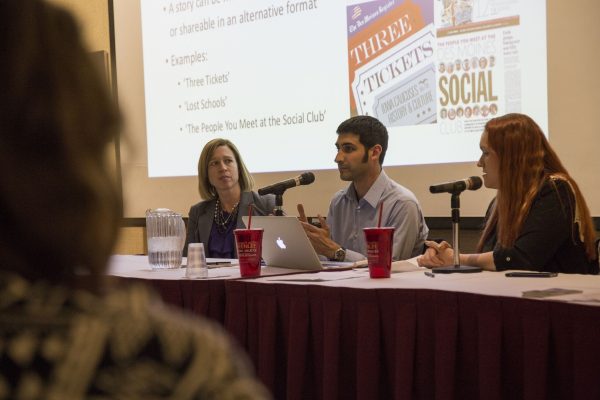
-
Telling stories requires a multi-faceted approach — For journalists, the standard approach of a feature story on the front page of a newspaper is a thing of the past. In this day and age creating digital content including, but not limited to, videos, podcasts, or social media posts, makes stories more dynamic and can even take the place of what would have once been a written article. Multimedia content gives storytellers in any field new and rich ways to portray stories and keep audiences engaged. This also applies to advertising and public relations majors — press releases and print ads rarely cut it anymore.

- Bring content to your audience, don’t wait for them to come to you — With the rise of social media, people are used to having content easily available constantly. The convenience of platforms like Facebook have made it one of the largest news sources for people today, making shareable content designed for mobile devices is extremely important for anyone looking to connect with wider audiences. The Register panelists explained their strategy of posting new content on all social media channels every day, and tailoring stories to fit each channel. At the Register, staffers constantly track analytics of the paper’s digital platforms to see how stories perform and determine what tweaks can be made to draw more viewers—changing headlines, moving it’s position on their website, etc. They also discussed the importance of follow-up stories, to keep readers engaging with existing content.
- Carefully consider which platforms to use — The best platform to tell your story might not necessarily be a traditional print article, so storytellers need to determine their audience and then decide which storytelling method will best resonate with them. Short and visually appealing stories make excellent videos, which are extremely popular on social media sites such as Facebook. Good digital storytelling ensures that content is as accessible as possible for the audience. Little things, like adding text over video, to convery the message to users who watch without sound, as they scroll through their Facebook feed, for example, makes a huge difference. Other options can include tweets, Snapchats, and live streaming, using Facebook or streaming apps like Periscope.

- Don’t discredit live events — While we live in a digital era, don’t forget to get out there and take your stories out into the real world. Community forums and meet ups are becoming more and more popular. Crowder discussed how she’s helped coordinate the Des Moines Storytellers Project, where up to seven community members are coached by a journalist to take the stage to tell true, first-person stories for 8-10 minutes each, addressing a night’s theme literally or metaphorically. Live events are a powerful tool for building brand engagement. For the Register, Crowder said that this is especially important because people who relate to their news source will continue to come back for more. Live events also give an excellent opportunity to directly interact with people, which can lead to story ideas for the paper’s staff later on.
- Being a communicator in the digital age is about building your own brand — Panelists said it’s important that students think of yourselves as your own personal brand to market to followers and readers. You want them to become engaged with you as a person, so they will follow you as you advance through your career. Think about how opinionated you should be in the content you create, post and share via social media or other platforms and consider what the opinions you’re sharing imply, both for yourself and any organization you may be working for. Always remember you have to represent yourself, as well as your company, in a positive way.
The Greenlee School’s Futures Forum is a semiannual event sponsored by William F. and Linda Z. Tubbs.
Published: April 8, 2016